In its more than 360-year history as a universal and research library, the Staatsbibliothek zu Berlin has been able to acquire valuable collections that are characterised by a high diversity of material.
These include, for example, occidental, oriental and East Asian manuscripts, geographical maps, globes and atlases, music scores, autographs and bequests as well as historical and modern printed matter.
This overview provides access to selected collections of the Staatsbibliothek zu Berlin.
The respective departments provide information on other holdings.
C
The centre for cartographic materials is the map department with its maps reading room, where readers can consult more than a million maps and related literature on cartography. The holdings of around 450,000 items published between 1500 and 1939 rank among the most important collections in the world, especially because of the large quantity of manuscript maps from the 18th and 19th centuries. Up to 2015 the German Research Foundation (DFG) especially funded the special subject collection 'Topographic maps', the so-called post-1940 modern holdings. Every year several thousand map sheets are being added to the modern holdings.
Some smaller, yet often especially valuable collections and single items, mostly original hand drawings, are in the care of the Manuscript department, the Oriental department, and the East Asia department
This collection includes 100 objects.
(Partially) Digitized: | No |
Topic | Kartographie |
Language | Deutsch, Englisch, Übergreifend |
Region | Übergreifend |
Material | Karten | Atlanten | Globen |
Time | 1450-1600, 1600-1700, 1700-1800, 1800-1900, 1900-2000, 2000- |
Department | Karten |
Listed in
Service
Contact
Maps
Manuscripts and Early Printed Books
Orient
East Asia
More
Map collections Berlin & Potsdam (in German)
A special feature in the Library's broad holdings on the important Italian poet Dante Alighieri (1265-1321) is the Dante collection of the medievalist and long-time editor of the German Dante Yearbook Friedrich Schneider (1887-1962), which was acquired by the Deutsche Staatsbibliothek (DSB) in 1962. The emeritus professor of the University of Jena had arranged for the transfer of his library to the DSB during his lifetime in order to make it accessible to research at a central location. The collection may be considered an example of a typical scholar's library of those years, a "model for the practical organisation of Dante studies" (Heintze).
In 1965, a "Catalogue of the Dante Library of Friedrich Schneider in the possession of the German State Library" was published, compiled by Edith and Horst Heintze, which lists the almost 1878 titles (about 7,000 volumes) thematically with a rather finely structured system. The focal points of the collection quickly become clear here: just under one tenth comprise the works of Dante (165 items), the remainder, i.e. 45% each, is divided between Dante studies, mainly from the 20th century (862 items), and literature in the field of Dante research (851 items mainly on medieval history and scholasticism as well as on Italian literature of the Middle Ages).
The shelf marks for the Dante collection were assigned according to this systematic list. The oldest complete edition (Florence 1921) was given the shelfmark 4 ZZ 1, the second oldest (Oxford 1924) the shelfmark 4 ZZ 2, and so on. In the Stabikat, the collection can be accessed via this separate signature with the command xsgb 4zz?
This collection includes 2000 objects.
(Partially) Digitized: | No |
Topic | Bibliophilie (inkl. Buchbesitzzeichen u. allg. Gelehrtenbibliotheken), Mittelalter, Europa ohne Osteuropa, Klassische Philologie, Romanistik |
Language | Italienisch, Deutsch |
Region | Deutschland, Italien |
Material | Druckschriften |
Time | 500-1450, 1900-2000 |
Department | Allgemeine Druckschriften |
Listed in
- StaBiKat
- Katalog der Dante-Bibliothek von Friedrich Schneider im Besitz der Deutschen Staatsbibliothek / zsgest. von Horst und Edith Heintze. - Berlin : Dt. Staatsbibliothek, 1965. - VIII, 183 S.
Service
Kontakt
Scientific Service / Romanistic Studies
Dr. Ulrike Hollender
- Friedrich Schneider (Wikipedia)
- Dante Online
- Bibliografia Dantesca Internazionale
- Indice dei Manoscritti della Commedia
- The Princeton Dante Project
- Dartmouth Dante Project
- Virtuelle Ausstellung Eine Reise durch zehn Himmelssphären
Globes are cartographic models of the sky, the earth, and other celestial bodies.
The map department of the Staatsbibliothek zu Berlin holds a collection of more than 750 globes as well as globe-like items like tellurions or orrerys.
Only a few items from the early times of the library have remained, most were included in the collection only after World War II. Therefore the history of globes before 1800 can be exemplified by only eleven original items, as there are for example the celestial globe of Gerhard Mercator from the year 1541 and the extremely rare terrestrial globe of the Brothers Sanuto from ca. 1575. Pairs of globes, consisting of matched terrestrial and celestial globes, are represented by one pair each from the publishing houses of Johannes Janssonius (Amsterdam), Matthäus Greuter (Rome) and Johann Gabriel Doppelmayer (Nuremberg). The focus of the collection lies on the time after 1800, about 700 globes from this period being part of the collection.
This collection includes 750 objects.
(Partially) Digitized: | Yes |
Topic | Allgemeine Geographie, Kartographie |
Language | Deutsch, Englisch, Übergreifend |
Region | Deutschland, Großbritannien, Übergreifend |
Material | Karten | Atlanten | Globen |
Time | 1700-1800, 1800-1900 |
Department | Karten |
D
Als Aldinen bezeichnet man die Drucke, die aus der Offizin der venezianischen Buchdruckerfamilie Manutius seit etwa 1489 hervorgegangen sind.
Die Drucke von Aldus d. Ä. stellen in mehrfacher Hinsicht einen frühen Höhepunkt in der Buchdruckergeschichte dar. Seine Ausgaben zeichnen sich durch Korrektheit und geschmackvolle Ausstattung aus. Man zählt unter ihnen 28 erste Ausgaben griechischer und römischer Klassiker. Andere enthalten aus Manuskripten kritisch berichtigte Texte. Das gilt besonders für neuere italienische Dichter, zum Beispiel Dante, Petrarca, Boccaccio. Aldus arbeitete auch ständig an der ästhetischen Verschönerung seiner Drucktypen. Von griechischen Typen, mit welchen vor ihm noch niemand so viel und so schön gedruckt hatte, ließ er nach und nach neun Varianten, von den lateinischen 14 fertigen.
Die in der Staatsbibliothek vorhandenen 800 Drucke in 1.088 Bänden des Aldus und seiner Nachfolger aus dem 16. Jahrhundert stellen eine der größten Sammlungen ihrer Art dar. In ihr sind vorwiegend Texte griechischer und römischer Autoren enthalten. Sie stammen in der Hauptsache aus der Bibliothek des Grafen Etienne Méjan (1765–1846), die König Friedrich Wilhelm IV. von Preußen 1847 für 64.000 Taler gegen die harte Konkurrenz des Britischen Museums, des Königs von Bayern sowie finanzkräftiger englischer Bibliotheken und Antiquare erwarb und der Königlichen Bibliothek übergab. Nicht vorrangig der Inhalt, sondern die Erlesenheit der Ausgabe bestimmte die Sammeltätigkeit des Grafen Méjan. Er hatte zudem seine Bücher von den berühmtesten Pariser Buchbindern seiner Zeit, von Bozérian, Motet, Simier, Thouvenin und anderen, binden lassen, so dass sich anhand vieler auf dem Rücken signierter Einbände der Aldinen auch ein Stück Geschichte der französischen Buchbinderkunst im ersten Drittel des 19. Jahrhunderts belegen lässt.
This collection includes 800 objects.
(Partially) Digitized: | Yes |
Topic | Buchwesen, Fachübergreifende Sammlungen, Geschichte |
Language | Übergreifend |
Region | Übergreifend |
Material | Druckschriften, Einbände |
Time | 1450-1600, 1600-1700 |
Department | Handschriften und Historische Drucke |
Listed in
StaBiKat
SBB16 - Drucke des 16. Jahrhunderts im Bestand der Staatsbibliothek zu Berlin
Gesamtkatalog der Wiegendrucke
Aldus Maunitus im Gesamtkatalog der Wiegendrucke
Service
Contact
Andreas Wittenberg
Michaela Scheibe
More reading
- Im Zeichen von Anker und Delphin : die Aldinen-Sammlung der Staatsbibliothek zu Berlin / [Red.: Karla Faust]. - Leipzig : Faber & Faber, 2005. - 239 S. : Ill.
- Rezension der Veröffentlichung beim Bibliotheks-Service-Zentrum Baden-Württemberg
- Rezension der Veröffentlichung bei der Universität Wien
- Die Aldinen. In: Ex Bibliotheca Regia Beronlinensis. - Wiesbaden, 2000, S. 142-145
E
Armenian printing history began in Venice in 1512. Here, in the printing capital of the time, Yakob Meghapart produced five Armenian booklets of religious and esoteric content in a print shop with the printer's mark DIZA. This early turn to letterpress printing distinguishes Armenians from most other cultures of the Orient, which took the step from handwriting to letterpress printing only in the course of the 17th or 18th century. However, the history of Armenian letterpress printing did not follow a straight line - rather, the printed book did not completely supplant the old Armenian manuscript tradition until the beginning of the 19th century. When we speak of early Armenian prints, we mean books published between 1512 and 1800. The places of publication are Venice, Amsterdam and Constantinople, the Armenian printing centres of the time, as well as Nor Jugha/Isfahan, Madras, Calcutta, Lvov or Saint Petersburg. It was not until 1771 that printing could take place on the territory of the present-day state of Armenia itself.
Since its foundation in 1661, the Staatsbibliothek zu Berlin has been collecting Orientalia, including Armenian manuscripts and prints. This collection is still growing today - in recent years, for example, it has been possible to trace and expand the rich stock of early Armenian prints through targeted acquisitions and research in stacks and catalogues, as well as through re-cataloguing.
Today, we assume that our holdings of Armenian early printed books are unique in Germany, amounting to approximately 200 titles. Within the framework of two exhibitions of the Staatsbibliothek zu Berlin - "Armeni syn die menschen genant" in 1999 and "Exotische Typen" in 2006 - it could be presented to a wider public and described in catalogues. Because of their rarity and typographical peculiarities, early Armenian prints are among the rare books of the Staatsbibliothek zu Berlin.
This collection includes 200 objects.
(Partially) Digitized: | Yes |
Topic | Fachübergreifende Sammlungen |
Language | Armenisch |
Region | Armenien |
Material | Druckschriften |
Time | 1600-1700, 1700-1800 |
Department | Historische Drucke, Orient |
Listed in
Online-Katalog StaBiKat
Service
Orient /
Oriental Reading room
Contact
Orient /
Meliné Pehlivanian
T
Bruno Kaiser (1911-1982), a literary scholar, laid the basis of his library as early as 1933, when he was a student and young journalist. In 1938 he was forced into exile, because he was a Jew. His library was saved and survived in a small place in Thuringia. During his years of exile, at great material sacrifice to himself, he managed to put together a respectable collection again. In 1947 he brought it back to Berlin and extended it – especially in the field of German literature – until he died.
Kaiser was as interested in unpretentious editions with significant contents as he was in the charmingly illustrated, beautifully bound or the bibliophilic book. Editions of the Weimar classicists form small sub-collections. Moreover, his collection of the works of Heinrich Heine contains many first printings and illustrated editions as well as several satires on “Deutschland, ein Wintermärchen”. Works by authors of the “Vormärz”, the period from 1815 to the German Revolution in March 1848, as well as the “Forty-eighters” - especially Herwegh, Weerth and Freiligrath – are strongly represented. Twentieth-century literature is also present in numerous beautiful editions. The modern art of the book movement is well documented in interesting examples, e.g. by works of artists such as Käthe Kollwitz, Walter Mehring, Kurt Schwitters, Else Lasker-Schüler, Karl Walser, John Heartfield, Hans Meid, Max Pechstein, Rudolf Schlichter and George Grosz. The production of the Malik Verlag was another one of Kaiser’s fields of interest.
Almost all of this library was bought in 1967; after 1982, a smaller part was turned over as a gift on the understanding that it would be kept together as a separate collection. Altogether, the entire library comprises about 40,000 printed works. The 2,000 or so children’s books are kept in the Children’s and Youth Books Department. The ex-libris collection with about 20,000 sheets and other collections associated with it as well as his unpublished manuscripts are now kept in the Manuscripts Department.
This collection includes 40000 objects.
(Partially) Digitized: | Yes |
Topic | Fachübergreifende Sammlungen, Sprach- und Literaturwissenschaften |
Language | Deutsch, Französisch, Übergreifend |
Region | Übergreifend |
Material | Druckschriften |
Time | 1450-1600, 1600-1700, 1700-1800, 1800-1900, 1900-2000 |
Department | Historische Drucke |
Listed in
Service
Manuscripts and Early Printed Books / Rara-Lesesaal
Contact
Manuscripts and Early Printed Books / Andreas Wittenberg
Manuscripts and Early Printed Books / Michaela Scheibe
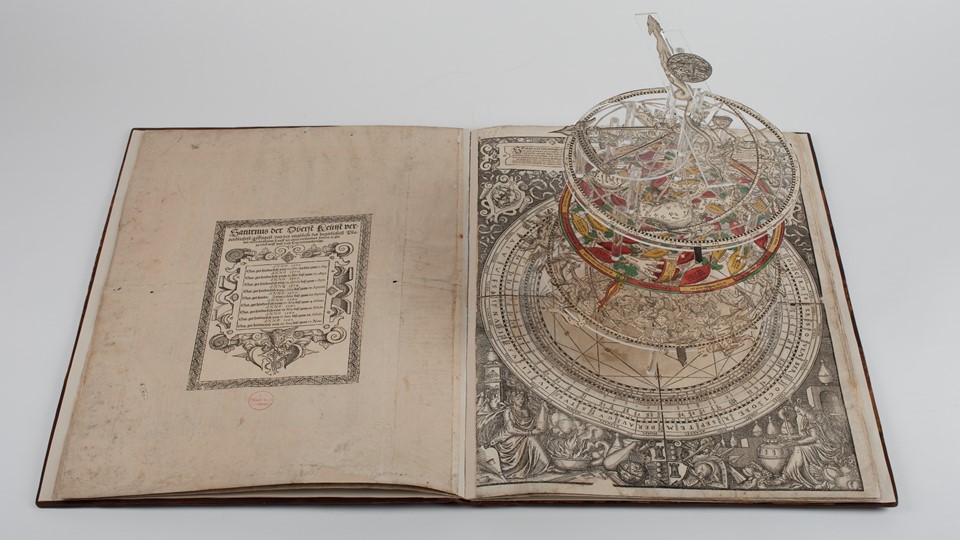
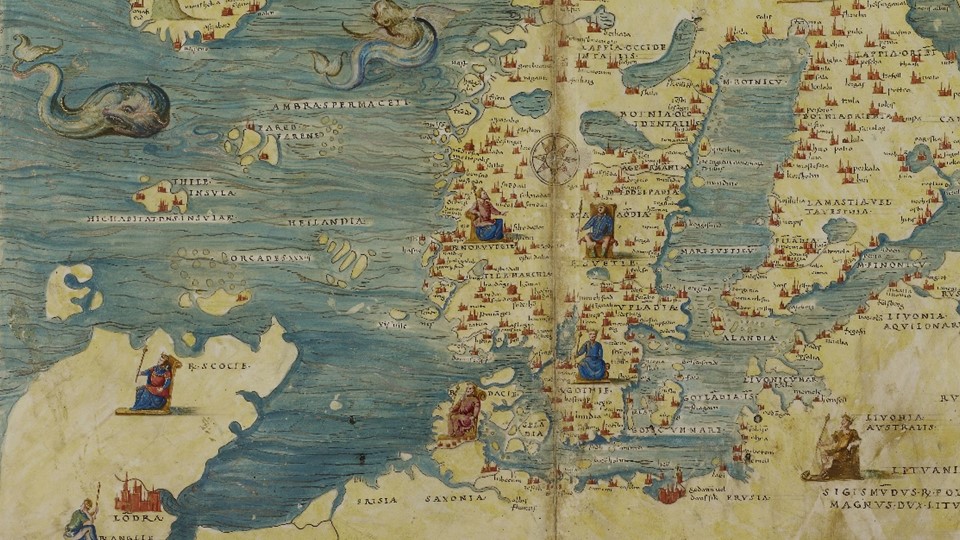
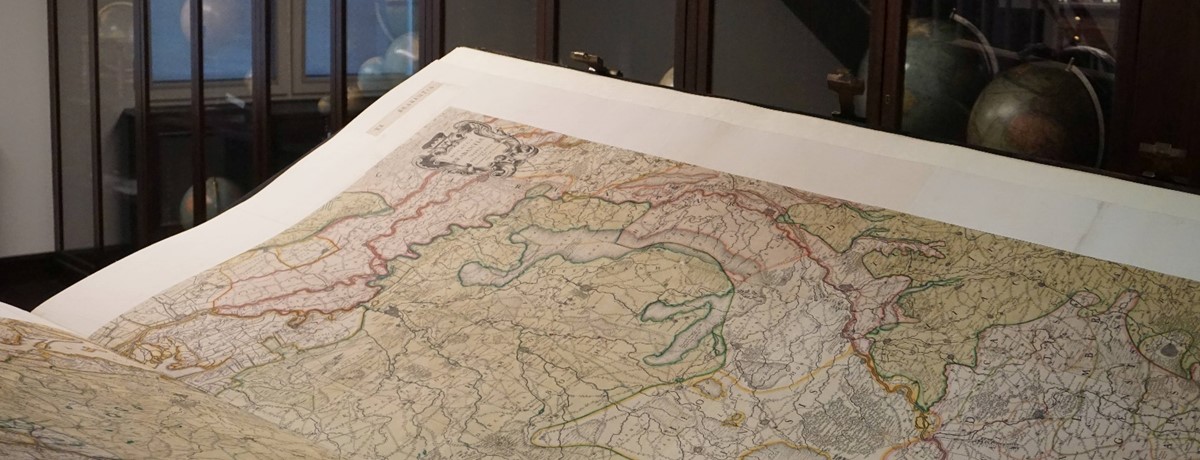
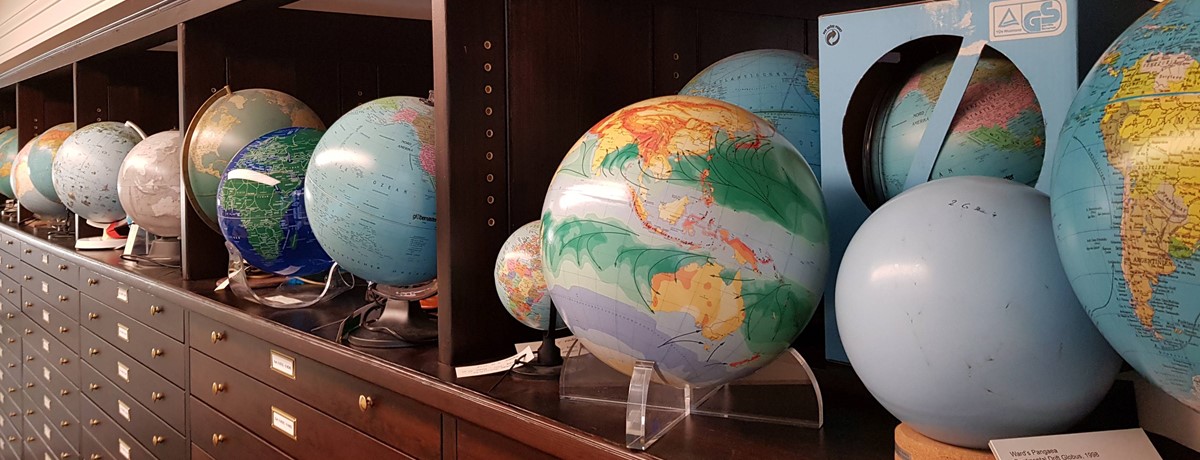

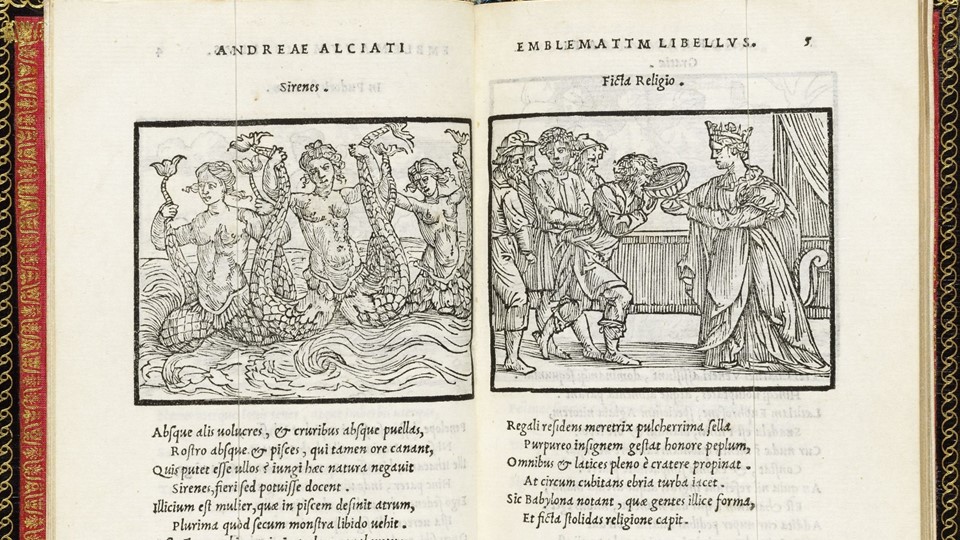
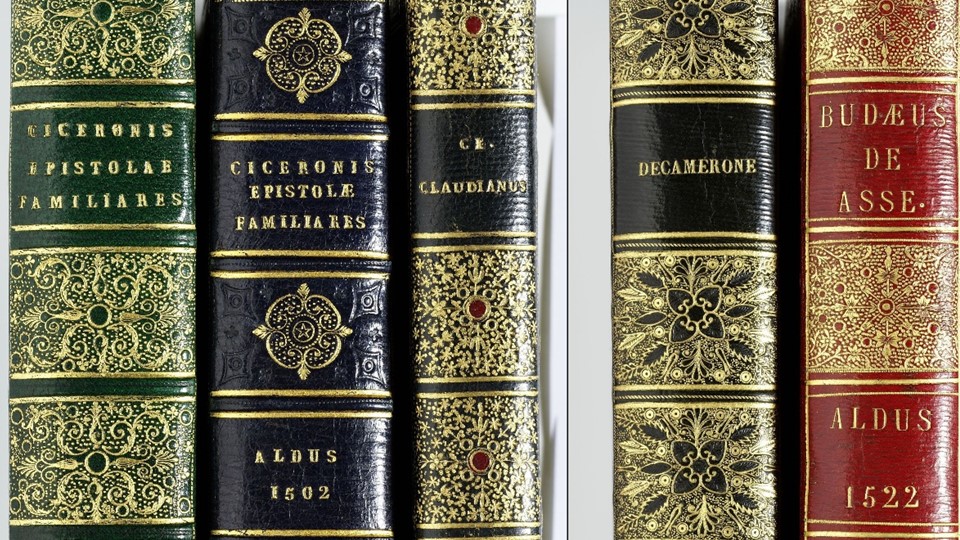
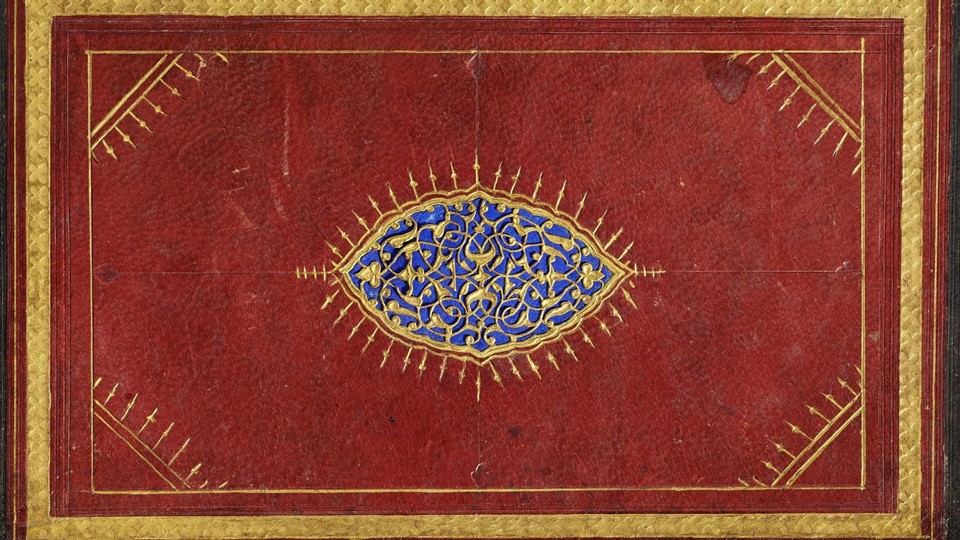
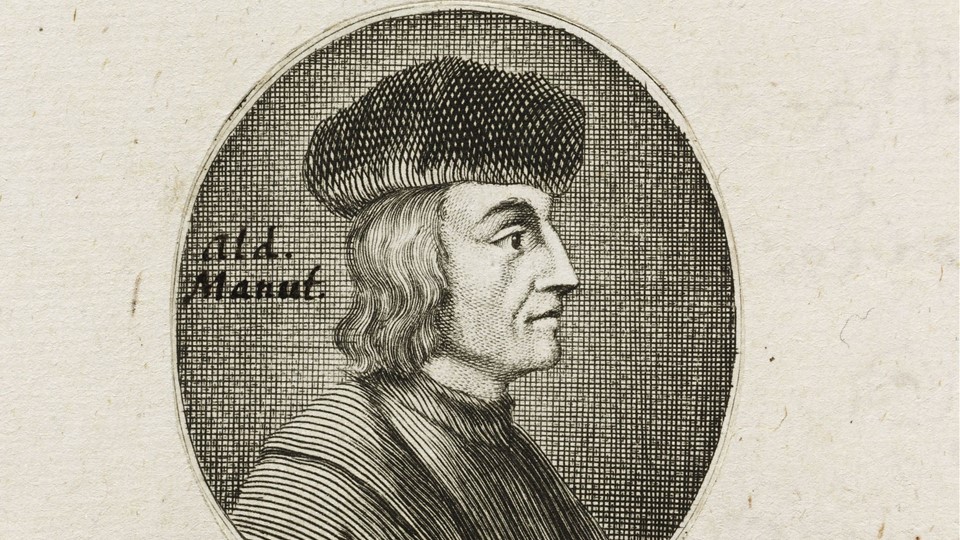
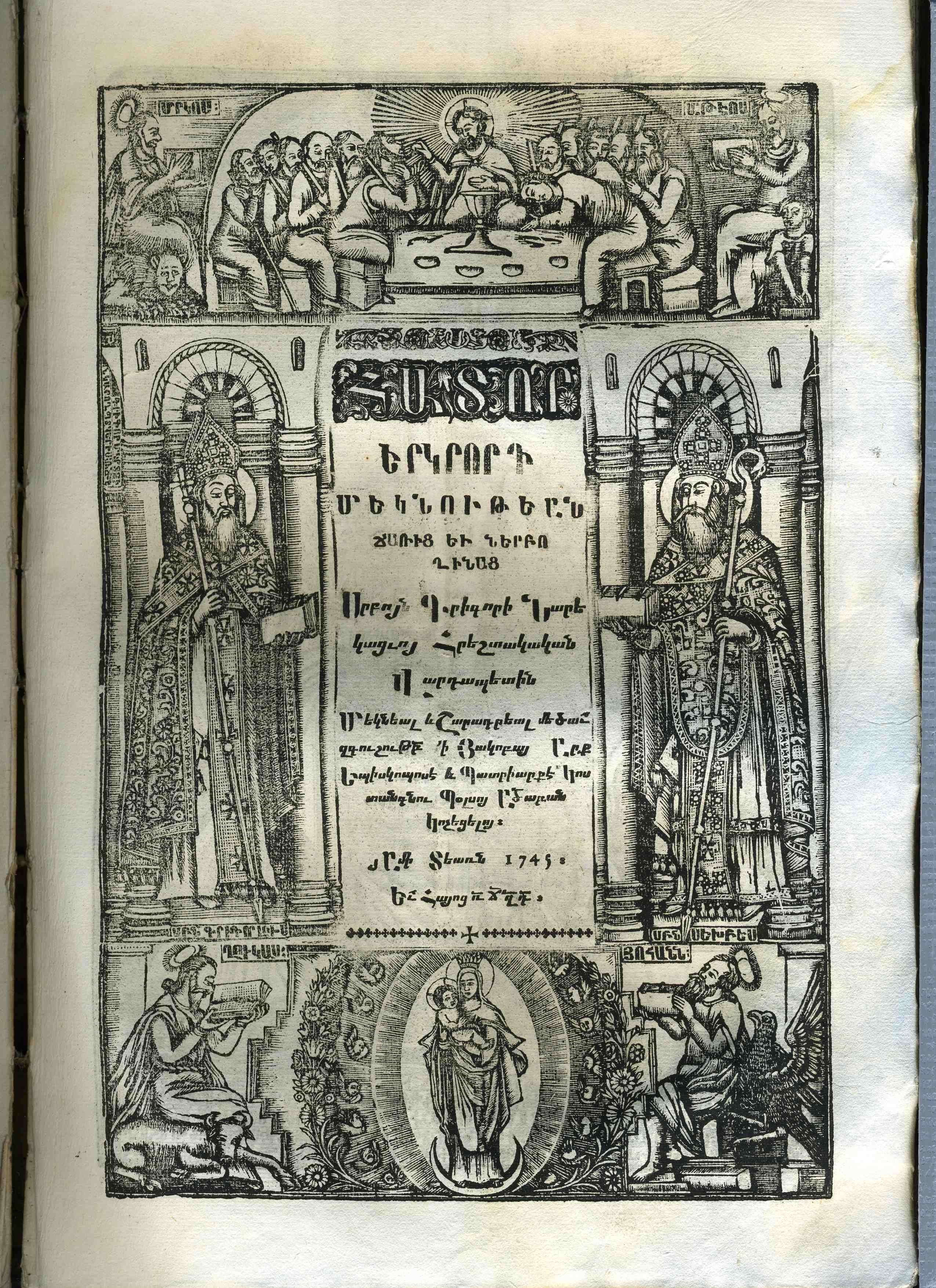
![[Translate to English:] Freunde der Staatsbibliothek, Logo](/fileadmin/user_upload/zentrale_Seiten/logos/freunde/Logo_Freunde_2010_blau.jpg)
